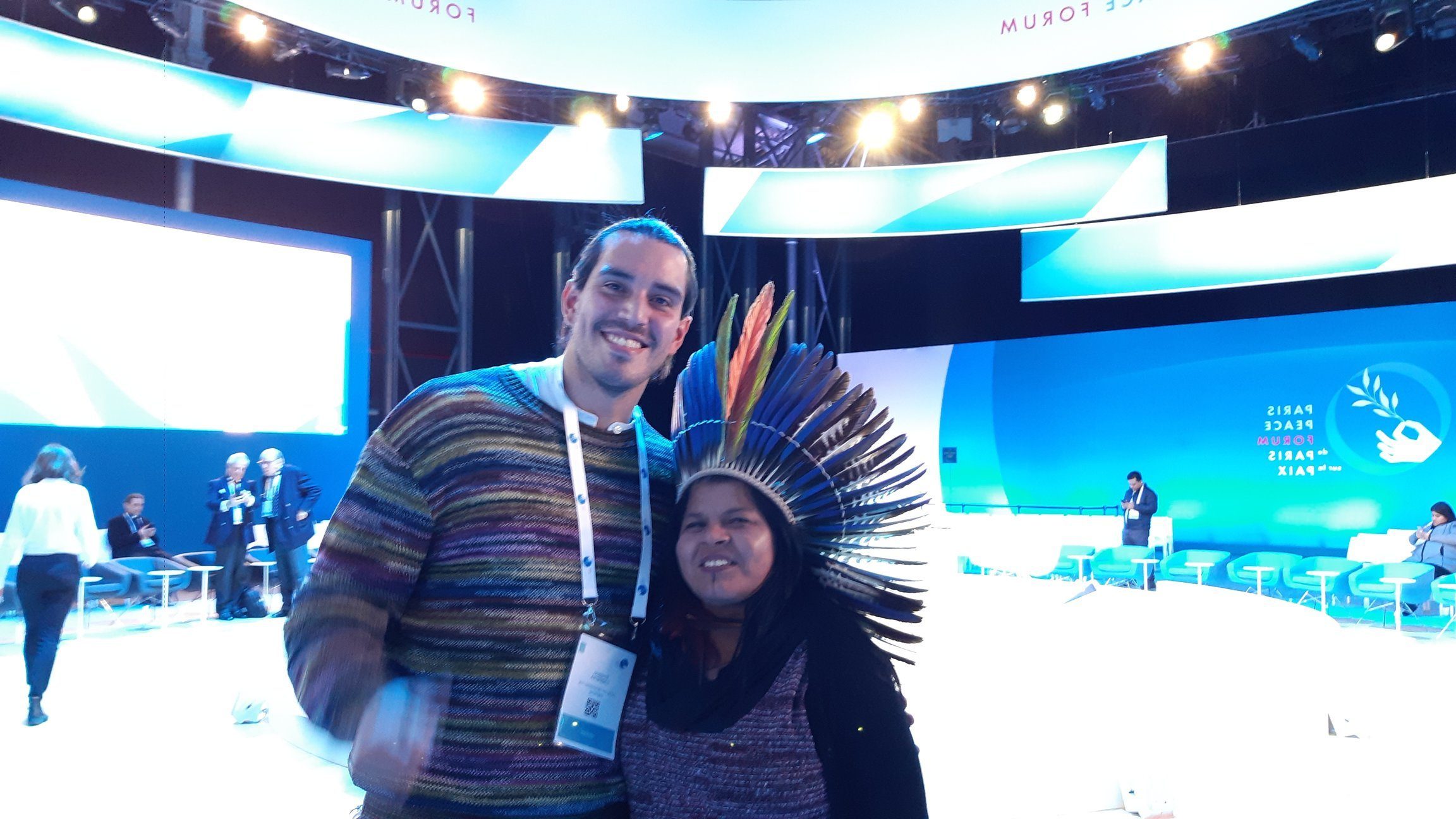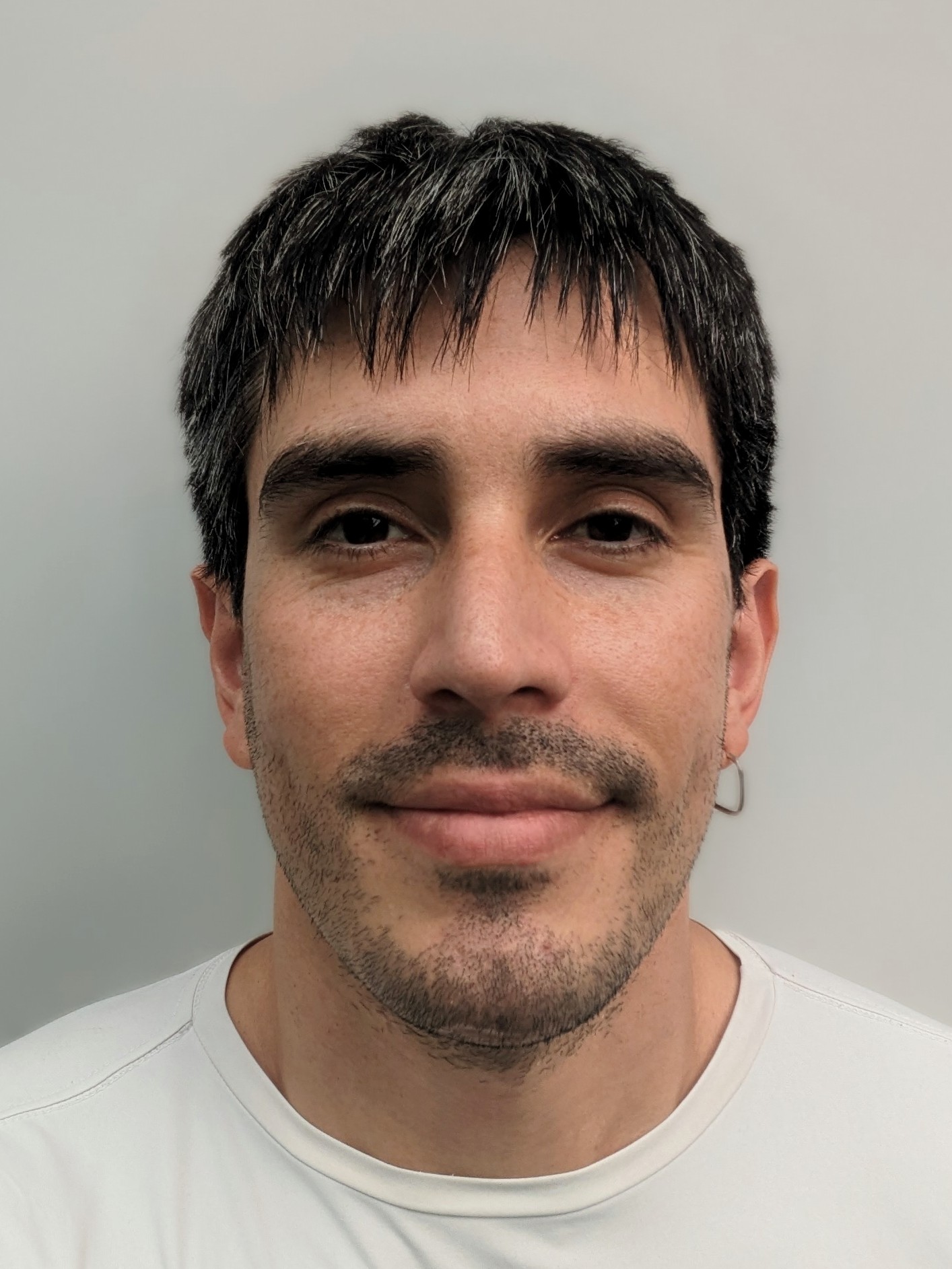
Emiliano Cabrera-Rocha has taken part in the Paris Peace Forum in connection with the group Catalyst: Rethinking the Americas which he is co-founding.
The project came into being to address the lack of educational spaces that seek to understand the transnational nature of drug supply chains in the Americas and the prohibitionist policies that seek to eradicate them.
Emiliano Cabrera-Rocha
A Gates Cambridge Scholar participated in last week’s Paris Peace Forum, a global summit founded by French President Emmanuel Macron.
Emiliano Cabrera-Rocha [2019] represented Catalyst: Rethinking the Americas, a nascent organisation he is co-founding with a group of activists and scholars from across the Western Hemisphere.
The organisation was on a panel about new approaches to drug policy on November 13th. Emiliano co-presented Catalyst’s Rethinking the War on Drugs programme which connects young people and educators from communities affected by drug-related violence across the Americas and equips them to participate in the growing movement to reform drug policy.
“The project came into being to address the lack of educational spaces that seek to understand the transnational nature of drug supply chains in the Americas and the prohibitionist policies that seek to eradicate them,” says Emiliano. He adds that the ‘war on drugs’ has made the drugs problem all about individual consumption which has prevented people seeing the whole picture, how it affects all parts of the chain. Catalyst’s programme, whose transnational, transdisciplinary and transgenerational curriculum Emiliano helped to put together, brings together young people and teachers from across the Americas so they can make connections and build a network which can collaborate across disciplines and borders.
In its first two years Catalyst was aimed solely at young people who came together at a summer camp. This year, the organisation invited teachers to encourage collaboration across the generations and create structural change. Emiliano says this model has resulted in more ambitious community projects being launched by cross-generational teams. “The teams have the energy of youth and adults’ access to people in authority,” says Emiliano.
The Paris Peace Forum was also an opportunity to find partners and funders for Catalyst’s next big programme, Rethinking the Amazon. The programme, which is based on the same model as the war on drugs programme, is linked to Emiliano’s MPhil in Latin American Studies which focuses on the political history of highway construction in the Bolivian Amazon. It will bring together young people and educators from across the Amazon to think critically and transnationally about issues such as climate justice, indigenous rights and land defence.
“The Amazon region is divided between nine countries. Indigenous communities face problems across the borders,” says Emiliano. “We need to create a pan-Amazonic solidarity network of indigenous and non-indigenous communities. People in the Amazon forest have the potential to change things and need to be supported.”
He added: “One of the highlights of the Forum for me personally was meeting Sonia Guajajara, an inspiring indigenous activist and politician from Brazil, who expressed an interest in discussing the Amazon programme with us further.”
*Anyone who is interested in finding out more about the Catalyst programme can contact Emiliano on ec701@cam.ac.uk.

Emiliano Cabrera Rocha
- Alumni
- Bolivia, Mexico
- 2019 MPhil Latin-American Studies
2020 PhD Geography - Darwin College
Growing up in the Bolivian Amazon, I witnessed both the construction of infrastructure and the creation of natural reserves. The puzzling tensions between these projects sparked my interest in the politics of the built and natural environment. I moved to Mexico to pursue a BA in Industrial Design at Tec the Monterrey, a training that left me well attuned to the ways in which material cultures (re)produce human-nature relations. During my MPhil in Latin American Studies, I studied the expansion of infrastructures, socio-environmental conflicts, and the emergence of the bio-tech approach to regional development. Now, through my PhD in Geography, I seek to understand the dynamics between scientific knowledge and entrepreneurial networks, and the role that such dynamics play in shaping visions of development in the Amazon. More specifically, I plan to examine how genetic and genomic sciences are enabling the emergence of new discourses and practices of development in relation to the enormous biological diversity concentrated in the Amazon Basin. My research interests also include Indigenous Knowledge, Bioeconomy, Intellectual Property of Genetic Material, and Histories of Development.
Previous Education
University of Cambridge Latin American Studies 2020
Tec de Monterrey (ITESM CEM) Industrial Design 2012












